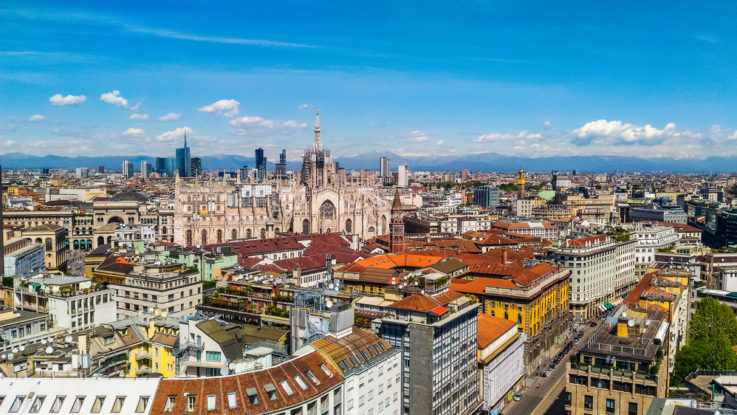
The City of Milan, Italy has developed a tool that calculates the outcomes of digitalization in terms of time, money, and emissions saved. The Digital Sustainability Model is being made available as open source for other cities around the world to use.
The Digital Sustainability Model compares analogue services to their digital counterparts, using data from various departments in the city.
“It is a tool for use before and after digitalization,” said Paolo Sabatini, digital transformation advisor, Office of the Deputy Mayor for Digital Transformation and Services to Citizens, Milan. “It shows what the benefits and impacts of digitalising a service are. That’s super important when you want to invest, especially in public policies, and then we use it to map the results of digital transformation.”
The system was initially tested in Milan’s Registry Office, which manages and issues certificates. It was used to analyze the city’s Digital Transformation Plan that streamlines government processes. The city has recorded that in 2016 – when the plan was launched – 55% of certificates were issued digitally. This year, that number has risen to 96%. The Digital Sustainability Model showed that the ability to access certificates digitally saves individuals one hour in travel time and €4.40 (US$5.20) per certificate. In 2019, the administration saved approximately eight minutes per digital certificate, totalling 45,500 hours. It saved €1.2 million and 450,000 sheets of paper, as well as 49 tonnes of CO2 – calculated as equivalent to planting 3,266 trees.
Milan has gone on to apply the model to a document management platform and approvals for underground excavation. Ultimately, it has plans to expand the system across all departments to assess the expected and actual impact of every project. To ensure inclusion, analogue options will remain available.